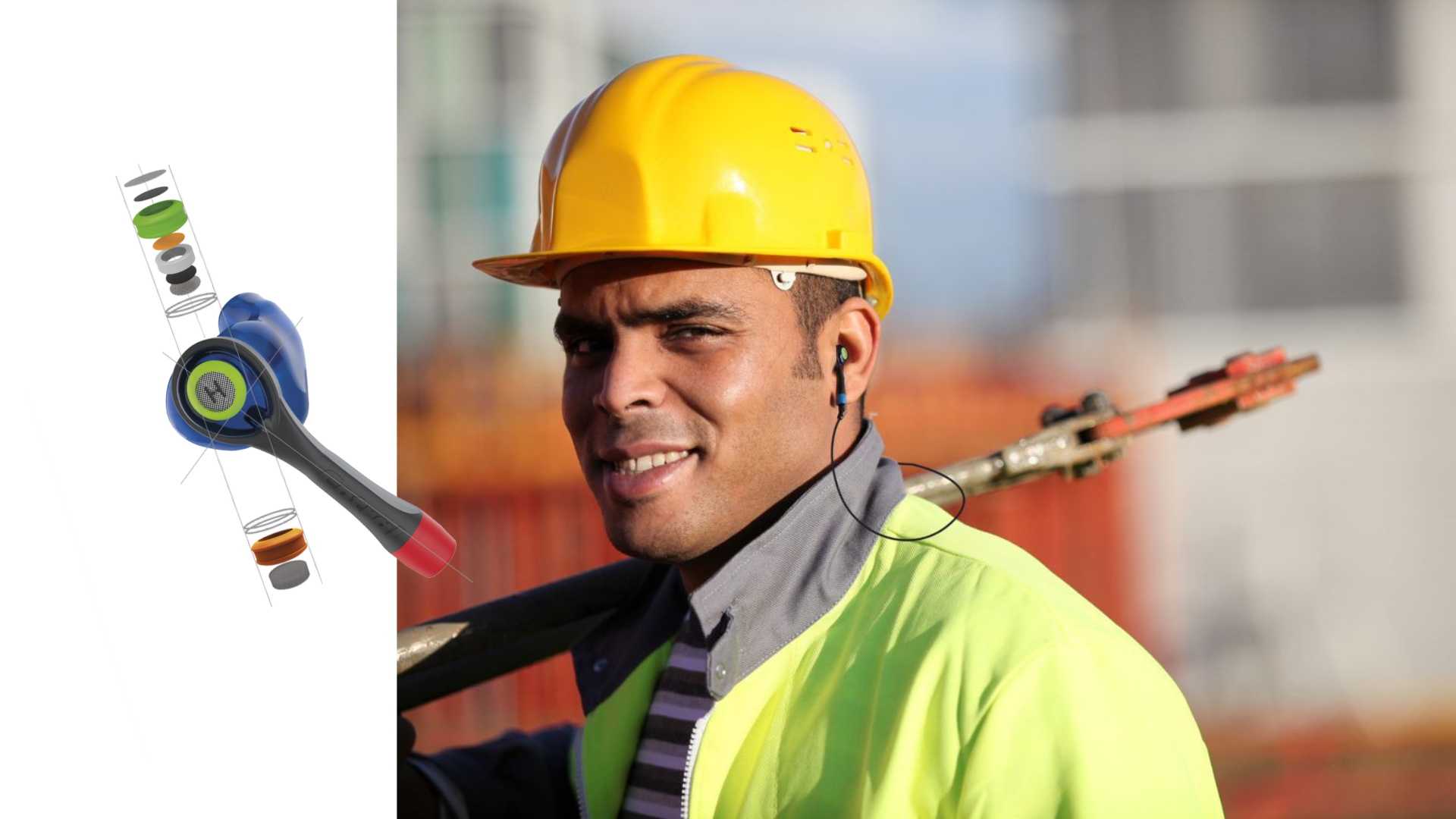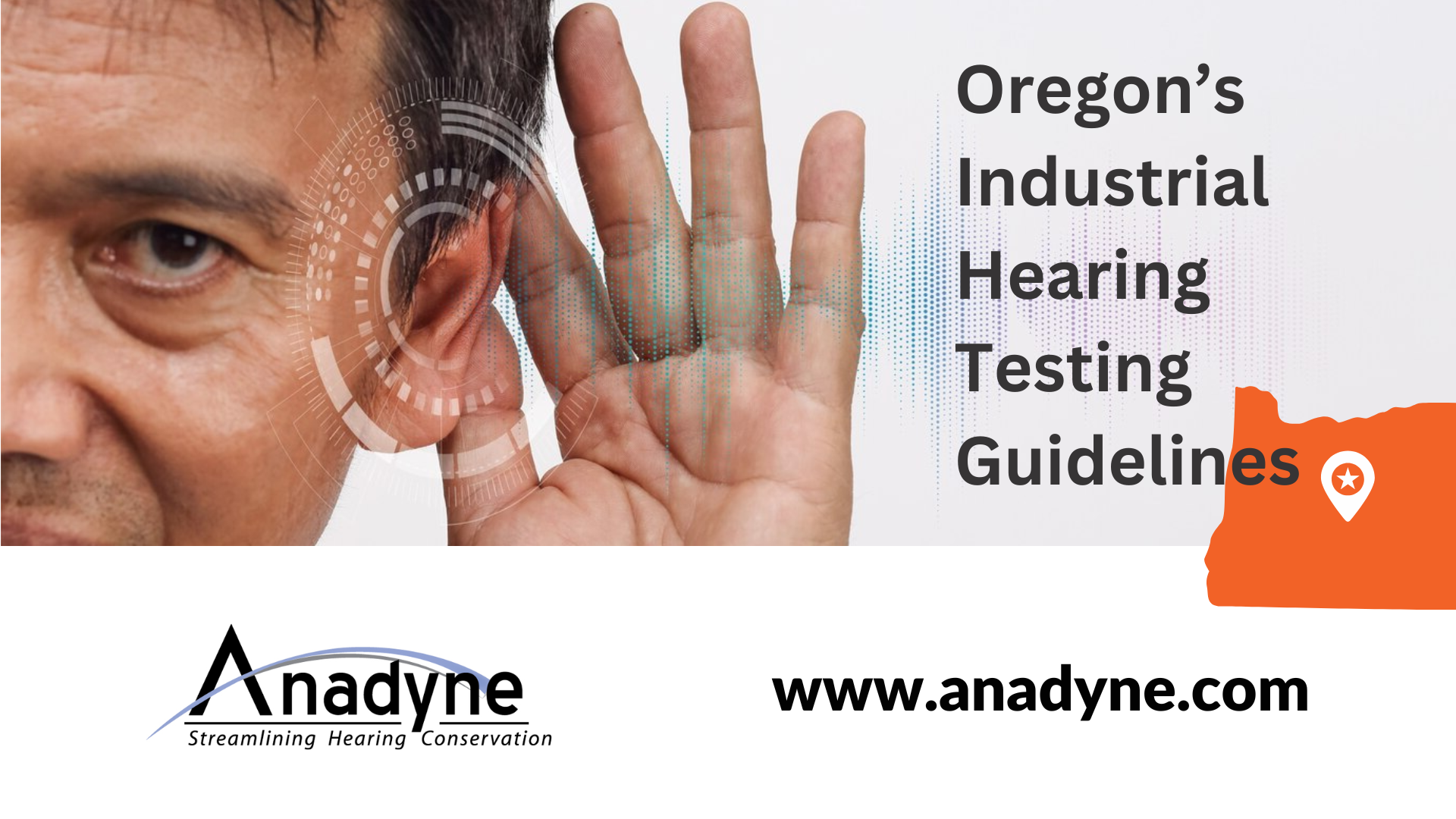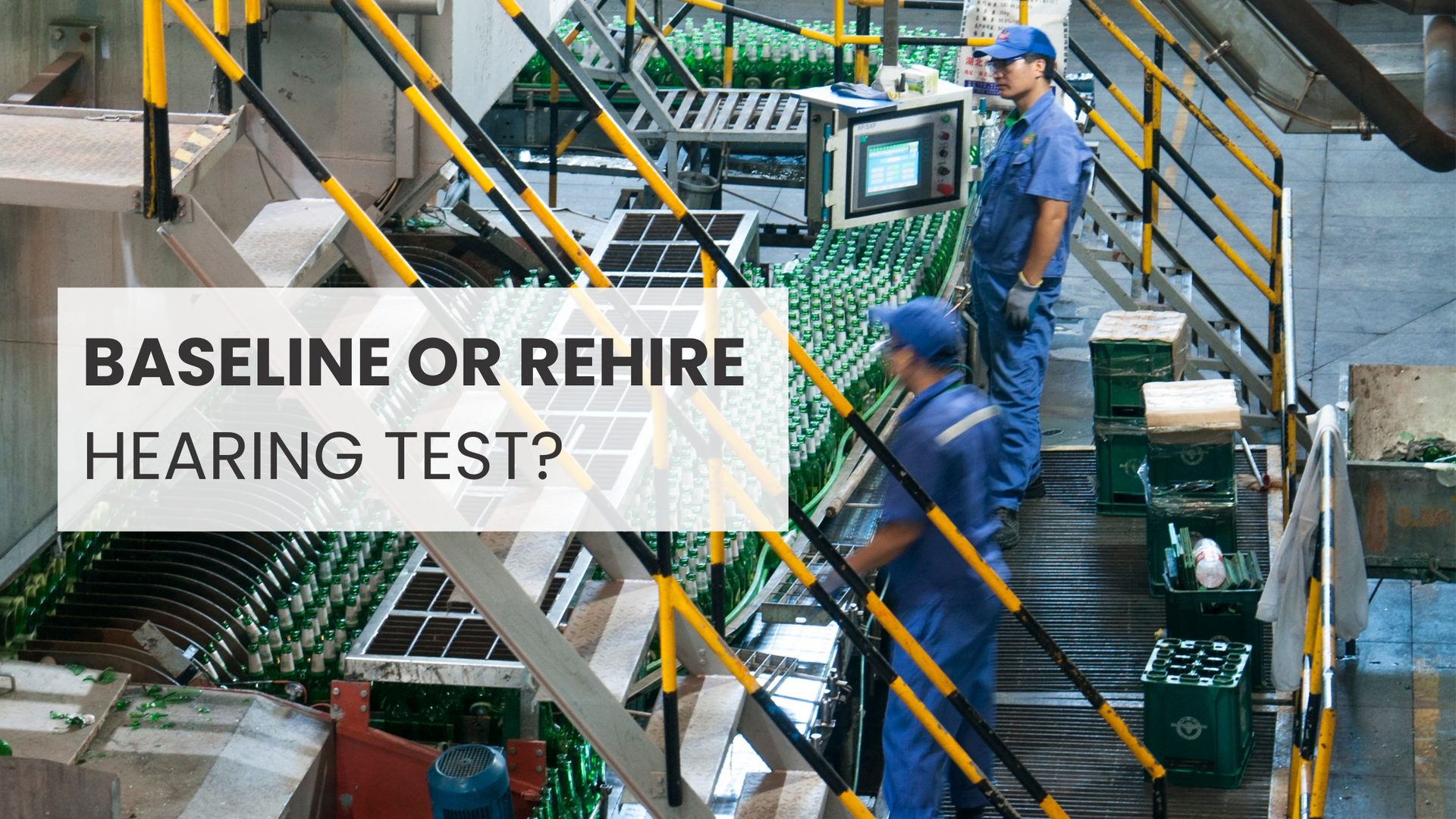Industrial Hearing Testing for Temporary Employees
With over two million temporary employees in the workforce in the USA during 2023, there is no reason they should be overlooked when it comes to safety training and hearing conservation. However, in many industries temporary workers can be twice as likely to experience a workplace injury – and the topic of hearing conservation is no different. ‘Host employers’ can often overlook the OSHA noise standard requirements as related to their temporary workers.
OSHA hearing conservation program guidelines
Who should be included in a hearing conservation program?
According to federal OSHA, employees who are exposed to a time-weighted average over 85 decibels for an 8-hour shift should be enrolled in the hearing conservation program. However, it’s important for employers to know that individual states and even different agencies can have unique requirements.
We also offer Wellness hearing testing services for those looking to provide hearing testing as an employee benefit – reach out to learn why this can be beneficial to your company.
When is annual hearing testing required?
Federal OSHA regulation 29 CFR 1910.95 states that audiometric testing program should be established for all employees whose noise exposure equals or exceeds an 8-hour time-weighted average of 85 decibels.
Annual hearing testing for temporary employees
Who is responsible to provide the hearing testing?
According to OSHA’s temporary worker initiative, the responsibility to protect the hearing safety of the employees is shared between the host employer and the staffing agency. One of our hearing conservation experts, Wayne, asked an OSHA personnel who should be considered responsible for the hearing tests:
“We have answered the question with a question: 'Who is providing the employee’s PPE? Is the staffing agency providing their hi-vis vest or is the host employer?’”
It isn't always easy that the host employer be responsible for the hearing tests. But who would neglect them altogether? - an ex-employee could make a claim for hearing loss and the host employer would have no records to defend themselves with. Instead, the host employer and the staffing agency would be best to work together to ensure the hearing safety of the temporary employee.
How does this impact temporary employees?
In a 2018 bulletin from the Temporary Worker Initiative, OSHA explains how responsibility for the hearing safety of a temporary worker could be shared between the host employer and the staffing agency. There is no exemption for temporary workers receiving a baseline audiogram – but it doesn’t necessarily have to be provided by the host employer. Instead, the bulletin notes that when temporary employees ‘may be missed by the host employers’ baseline and audiometric testing programs, staffing agencies may be better positioned to meet these requirements.' Agreement documentation between employees and temporary labor agencies may clarify this, re-reading these is always a good idea.
Industrial audiometry for temporary employees: the bottom line
It’s important to note that it is hard to find hard and fast rules or exceptions for audiometric testing for temporary employees. However, the safe option as always is to provide the hearing test, or at least ensure the staffing agency is conducting yearly hearing testing.
Questions on hearing conservation, hearing testing, or hearing protection? Reach out or visit our Frequently Asked Questions
Click to find out more or give us a call at 888-972-4420!










